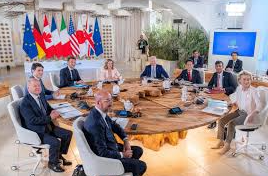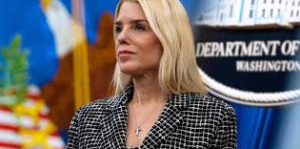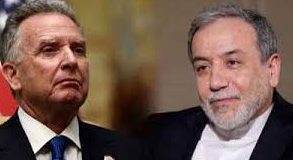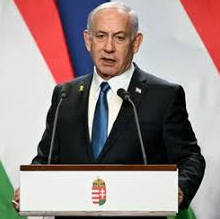The West faces a dilemma: confront Beijing on trade and human rights while cooperating on climate change.
During a high-security 90-minute session at the G7 summit, world leaders grappled with one of the most pressing issues of our time – how to navigate the complex relationship with China. With the scenic St Ives backdrop, leaders discussed how to balance competition with China on issues like trade, human rights, and investment, while also working together on global challenges like climate change.
Kurt Campbell, U.S. President Joe Biden’s Indo-Pacific policy director, noted the unprecedented nature of this dilemma, calling it a “complex coexistence paradigm” that the U.S. has not faced before. The central question emerged: Can the West maintain a firm stance on Monday regarding trade and human rights abuses in Xinjiang, and cooperate with China on climate change by Tuesday?
Biden, along with British Prime Minister Boris Johnson, Canadian Prime Minister Justin Trudeau, and French President Emmanuel Macron, expressed strong concerns about China’s practices, particularly in Xinjiang. Biden pushed for collective action on forced labor issues, though it became clear that consensus on how to proceed was elusive. The Munich Security Forum recently addressed this dilemma, highlighting the need for liberal democracies to balance competition and cooperation with China. While Biden’s approach to China shares similarities with his predecessor Trump’s stance, there’s a growing recognition that China’s ambitions extend beyond being the world’s factory, as it increasingly positions itself as an ideological alternative to the liberal order.








